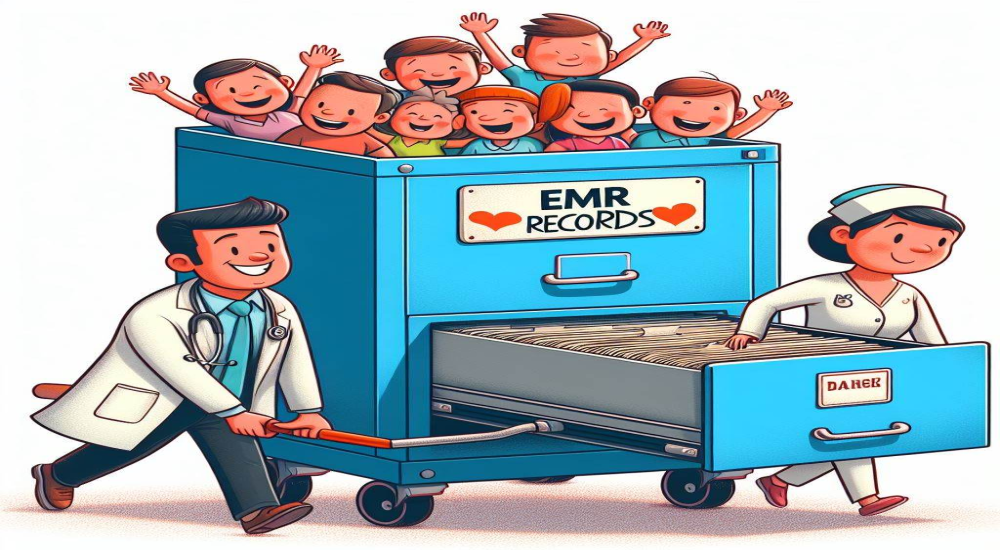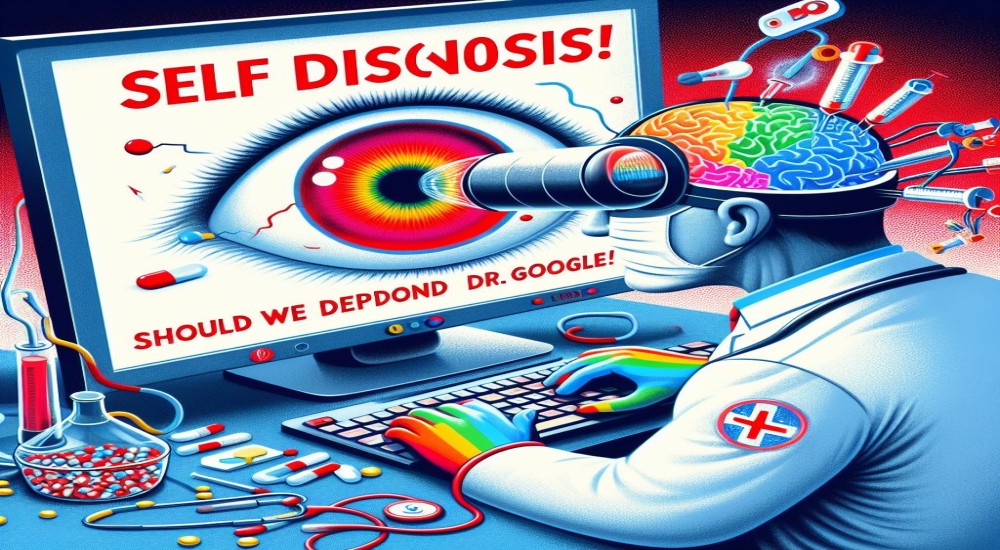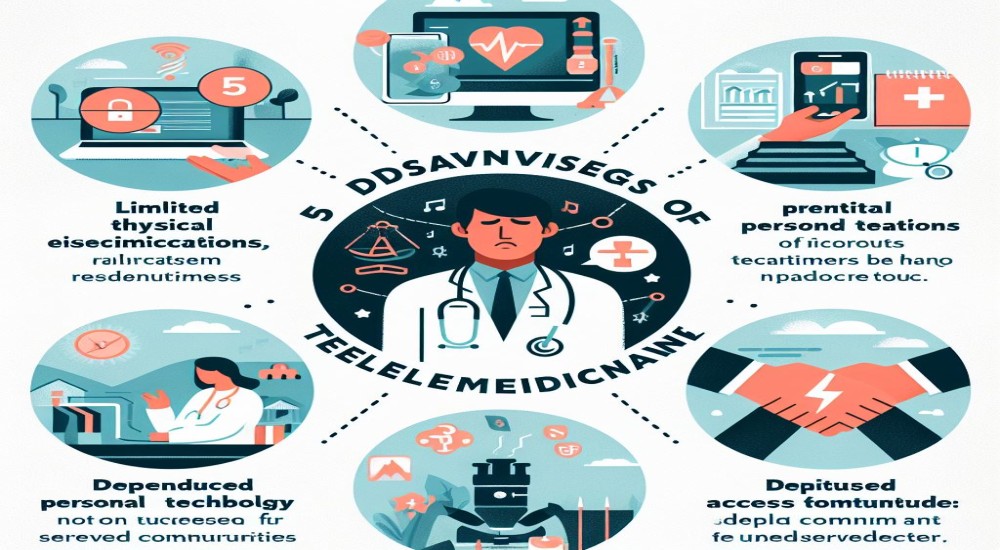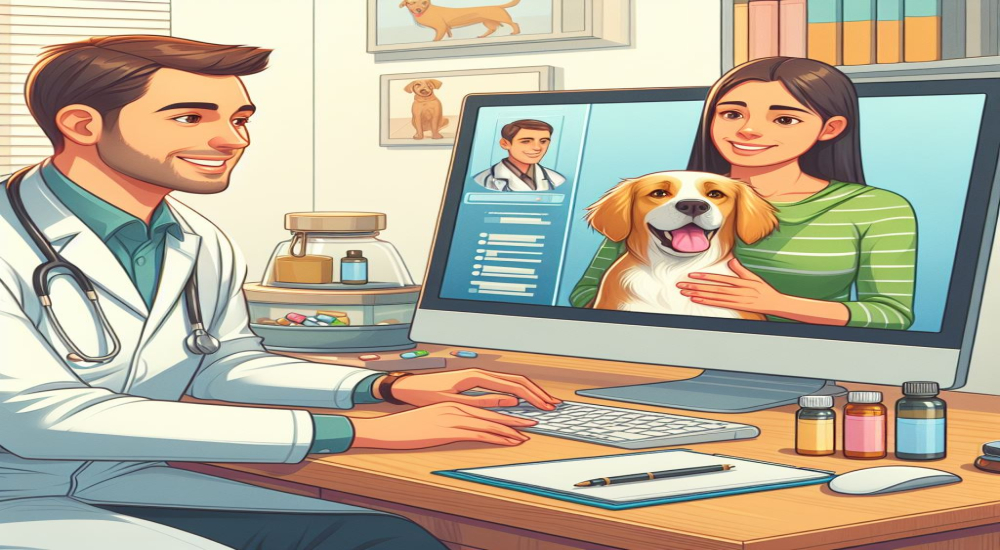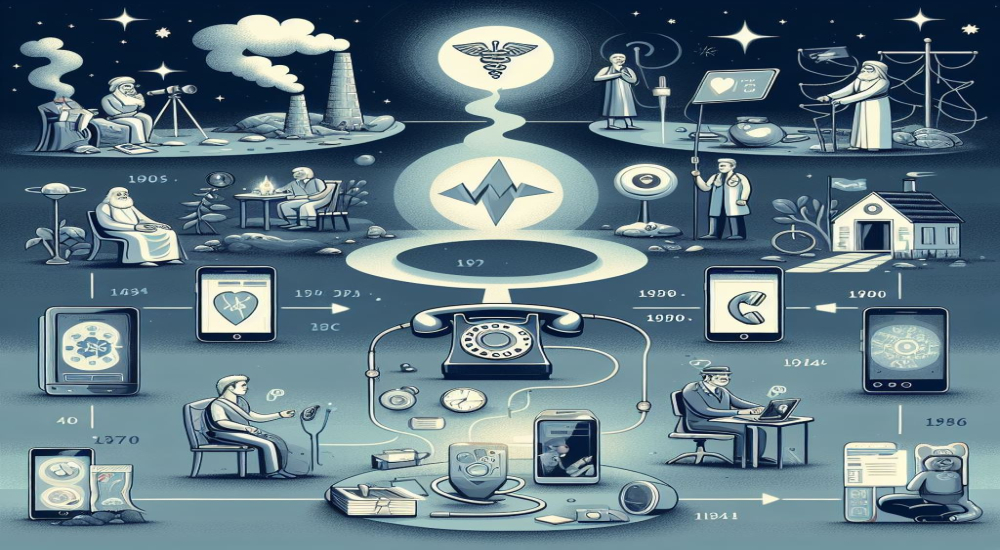In the realm of veterinary medicine, the care and treatment of exotic animals present unique challenges. From majestic zoo inhabitants to beloved exotic pets, these creatures require specialized knowledge and expertise that may not always be readily available. However, with the advent of veterinary telemedicine, there's newfound hope for improving the health and well-being of exotic animals worldwide.
The sale and ownership of exotic animals is strictly controlled based on the laws passed by various nations to protect the natural resources of that region. The sale of exotic animals as pets such as Peacocks, monkeys, lemurs, parrots, macaws, deer, etc, has been going on since the middle ages.
In today's world wild and exotic animals can even be given between countries as a symbol of friendship and cooperation such as the gift of 2 pandas by the Chinese to the USA after a visit by President Nixon in 1972.
The recent plan for the reintroduction of 8 cheetahs from Africa to the Indian subcontinent after they became extinct nearly 70 years ago is a symbol of national pride, power and commitment to restoring the natural resources of the country. (At least that's the hope)
Exotic animals encompass a diverse array of species, each with its own distinct needs and requirements. Some of the common exotic animals serviced by veterinary telemedicine include:
-
Zoo Animals:
From elephants and giraffes to tigers and reptiles, zoos house a vast array of exotic species. Veterinary telemedicine can provide remote consultations and diagnostic support for zoo veterinarians managing the health of these animals
Zoos are not just recreational centers but also serve as important education centers for the people and children visiting, for training veterinarians and serve as a reservoir of biodiversity. Many species that have gone extinct in the wild have been successfully reintroduced to the wild thanks to careful breeding programs in Zoos and conservatories.
-
Exotic Pets:
Exotic pets such as parrots, reptiles, amphibians, and small mammals like hedgehogs and sugar gliders have become increasingly popular among pet owners. Veterinary telemedicine offers a lifeline for owners seeking expert advice on the care and treatment of their exotic companions.
The trend of having hamsters, gerbils, lizards, iguanas, snakes, and other such exotic pets has been going on for decades and they are often seen as needing lesser maintenance. Nothing could be further from the truth. Most exotic animals have unique anatomical challenges for a veterinarian and they get species specific illnesses that most veterinary hospitals don't carry medicines for.
-
Aquatic Animals:
Marine mammals, fish, and other aquatic species also benefit from veterinary telemedicine services, especially in cases of aquatic animal husbandry, disease management, and water quality assessment.
The trade and sale of fish and other aquatic animals such as the leafy sea dragon, sea dragons, sea slugs, koi fish, turtles etc, as decorative parts of indoor aquarium installations in homes, hotels, resorts, casinos, etc. is huge and a multi-million dollar industry.
There are many different kinds of fish such as the most commonly seen tropical fish, gold fish, angel fish, and the more exotic breeds such as Koi fish. These present a unique underwater challenge for veterinarians as fish cannot be treated out of water for long and they can be extremely fragile.
Pros of Using Telemedicine in Exotic Animal Care
-
Access to Specialized Expertise:
Exotic animals often require specialized knowledge and care that may not be readily available locally. Veterinary telemedicine allows veterinarians to consult with experts from around the world, ensuring that exotic animals receive the best possible care.
-
Remote Diagnostics:
Telemedicine enables veterinarians to perform remote diagnostics, such as reviewing imaging studies or laboratory results, without the need for the animal to travel. This minimizes stress for the animal and reduces the logistical challenges associated with transporting exotic species.
-
Continuity of Care:
For zoos and facilities housing exotic animals, telemedicine facilitates continuity of care by enabling remote consultations with specialists who may not be on-site. This ensures that animals receive timely intervention and follow-up care, even in remote locations.
There are many zoos that cannot afford a full time vet and depend on a rotating roster of vets to care for their animals. Many large zoos such as the San Diego zoo have permanent on call vets but the specialists in large cats medicine or primate medicine may often travel for work and research across the world and in the case of an emergency they may not be able to travel back in time. In such situations the zoo staff can initiate a teleconsult with doctors across the world and triage or treat sick animals in time.
-
Educational Opportunities:
The opportunity to treat sick wild animals or exotic pets is rare and a live operation or examination can be streamed over a teleconsult so other budding doctors can learn from the expertise of the pros and apply that in their practice as well.
Cons of Using Telemedicine in Exotic Animal Care
-
Limitations of Physical Examination:
While telemedicine can provide valuable diagnostic support, it has limitations when it comes to conducting physical examinations. Certain aspects of a thorough examination, such as palpation and auscultation, may be challenging to perform remotely.
Any serious injuries or other exams will require lab tests, transfusion of fluids or operative procedures that will necessitate the veterinarian to have direct access to the sick animal and thus a telemedicine approach can have limited use in such scenarios
-
Technological Barriers:
Access to reliable internet connectivity and digital devices may be limited in some regions, particularly in rural or remote areas where exotic animals are often found. This can hinder the adoption of telemedicine in certain contexts.
Many wild life reserve parks and sanctuaries need veterinary care but they cannot afford to have doctors on the staff role due to budget constraints, in such cases a teleconsult in a remote part of the wilderness may not be viable due to the lack of a network or indeed any kind of connectivity
-
Legal and Regulatory Considerations:
The practice of telemedicine in veterinary medicine is subject to legal and regulatory frameworks that vary by jurisdiction. Ensuring compliance with relevant laws and regulations, particularly across international boundaries, can be complex.
Just like human doctors, veterinary doctors have licenses and zones of practice to which they are bound. So teleconsults from doctors in different parts of the country (The USA has separate licensing boards in each state) or across countries may be disallowed without the proper authorization. The medications used may also vary between different regions and what is commonly prescribed in one country or region may be unavailable in another
-
Privacy and Security Concerns:
Telemedicine platforms must adhere to strict privacy and security standards to protect sensitive patient information. Safeguarding the confidentiality of medical records and communication channels is essential, especially in the case of high-profile or endangered species.
Conclusion
In conclusion, veterinary telemedicine holds tremendous promise for advancing the care and treatment of exotic animals, zoo inhabitants, and exotic pets worldwide. By leveraging technology to connect veterinarians with specialized expertise, telemedicine breaks down geographical barriers and ensures that exotic animals receive the highest standard of care, regardless of their location. While challenges such as technological limitations and regulatory complexities remain, the benefits of telemedicine in exotic animal care far outweigh the drawbacks. With continued innovation and collaboration, veterinary telemedicine stands poised to revolutionize the field of exotic animal medicine, safeguarding the health and welfare of these magnificent creatures for generations to come.










